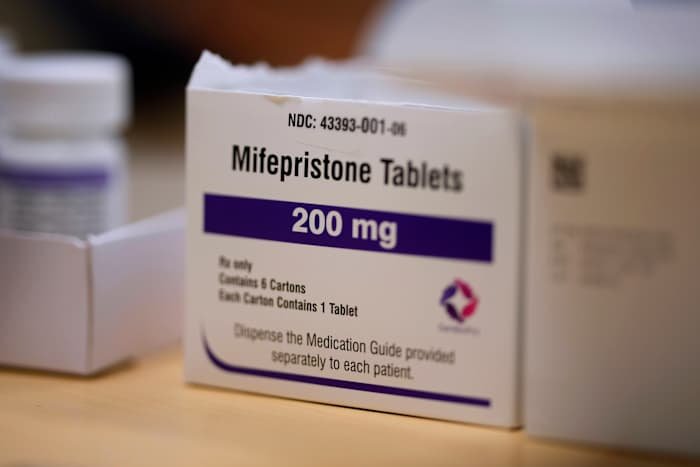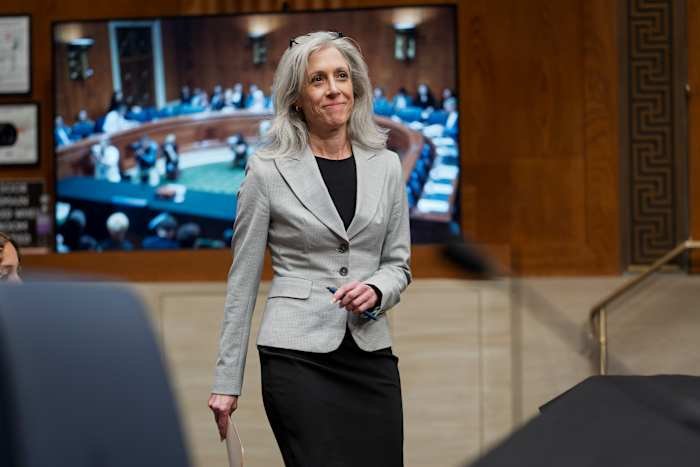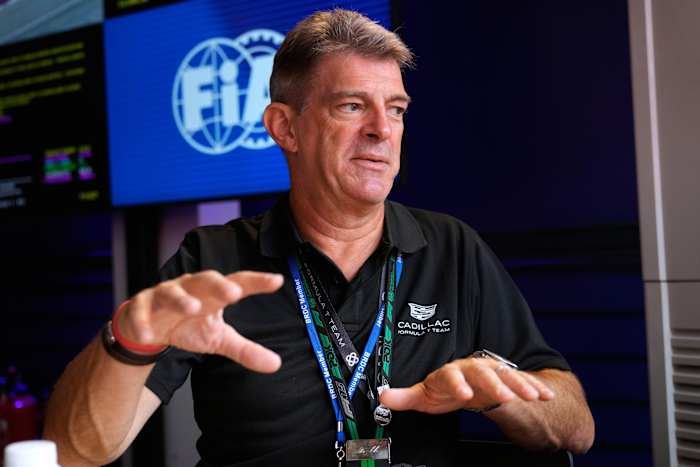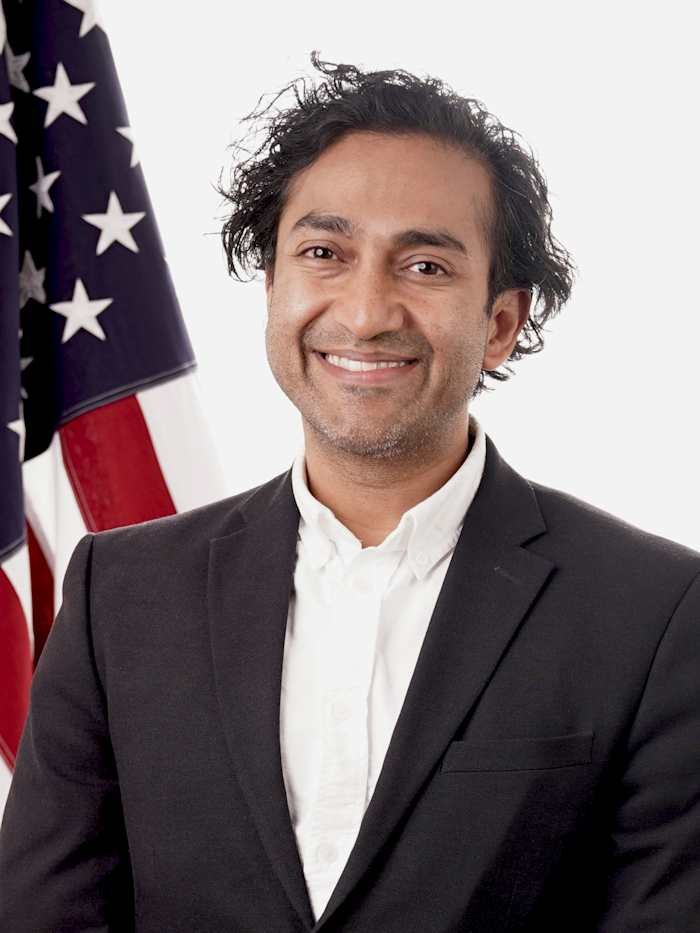Daily Orlando News – In a move that has ignited national debate, Louisiana authorities have issued a warrant for the arrest of a California-based doctor accused of mailing abortion pills to patients in Louisiana. The case is drawing intense scrutiny from legal experts, healthcare professionals, and advocates on both sides of the abortion debate. As similar legislative battles unfold across the country, Orlando residents are watching closely to see how this precedent could impact reproductive rights and medical practices in Florida.
Background: The Warrant and the Doctor Accused
On June 6, 2024, Louisiana officials publicly announced a warrant for the arrest of a California obstetrician-gynecologist, alleging she violated state law by mailing abortion pills to patients in Louisiana, where abortion is heavily restricted. The doctor, whose identity has been withheld pending further legal proceedings, is an outspoken advocate for telehealth and reproductive rights. She has previously acknowledged mailing abortion medication to patients in restrictive states, arguing that access to safe reproductive care should not depend on geography.
Louisiana’s legal code prohibits most abortions and criminalizes the distribution of abortion medication without state authorization. The warrant marks one of the first times a physician practicing in a state where abortion remains legal faces potential extradition for actions taken entirely outside Louisiana’s borders. This legal maneuver sets the stage for a complex interstate battle with national implications.
Legal Implications: Can States Prosecute Out-of-State Doctors?
The Louisiana warrant raises urgent constitutional questions. Can one state prosecute a resident of another state for actions that are legal in their home state? Legal scholars point to the U.S. Constitution’s “full faith and credit” clause, which generally requires states to respect each other’s laws and judicial proceedings. However, conflicts arise when one state’s laws directly contradict another’s, particularly on issues as contentious as abortion.
Legal experts predict protracted court battles over extradition and jurisdiction. Advocates for reproductive rights argue that allowing states like Louisiana to prosecute out-of-state doctors could have a chilling effect on telemedicine and restrict access to medication for patients nationwide. Critics counter that states have the right to enforce their laws and protect their citizens, even beyond their own borders.
For Orlando and the wider Florida community, the outcome may shape how local healthcare providers interact with patients in other states and influence whether similar prosecutions could occur here if Florida’s laws become more restrictive in the future.
Impact on Telemedicine and Patient Access
The case spotlights the growing role of telemedicine in reproductive health. Since the Supreme Court overturned Roe v. Wade in 2022, patients in states with abortion bans have increasingly turned to telehealth providers in states where abortion is legal. These providers can prescribe and mail abortion pills, offering a lifeline to those unable to travel for in-person care.
Medical professionals in Orlando and across Florida have been closely monitoring developments, as telemedicine has become a critical tool for expanding healthcare access. If more states pursue legal action against out-of-state doctors, telehealth providers may become reluctant to serve patients in restrictive states, limiting options for those in need.
Floridians could be affected if legal precedents allow for prosecution across state lines, potentially jeopardizing access to a range of telehealth services beyond reproductive care. Local lawmakers and healthcare leaders are already debating whether Florida should strengthen protections for doctors and patients engaged in lawful telemedicine.
Reactions from Orlando and Greater Florida
Orlando’s diverse community has responded with both concern and support for the accused doctor. Local reproductive rights organizations have condemned Louisiana’s actions, organizing rallies and urging state officials to defend Florida-based healthcare providers from similar prosecutions. They argue that criminalizing doctors for providing legal care in their home state could erode the rights of patients everywhere.
Conversely, some Orlando residents and advocacy groups support Louisiana’s efforts, citing the need to uphold state sovereignty and the will of local voters. They argue that states should have the authority to regulate medical practices within their borders and prevent what they view as circumvention of local laws.
The debate has spilled into city hall and the Florida state legislature, where lawmakers are considering new bills to clarify the rights and responsibilities of Florida doctors who treat out-of-state patients. The outcome may determine the future of telemedicine and reproductive rights in Orlando and beyond.
What This Means for Orlando Residents
While the immediate impact of the Louisiana warrant is centered out of state, the ripple effects are already being felt in Orlando. Local healthcare providers are seeking legal guidance to ensure compliance with evolving laws, while patients worry about the future availability of telemedicine services.
Orlando’s role as a major medical and transportation hub means that changes in national policy can have outsized effects on the region. As more states consider similar actions, Orlando residents are encouraged to stay informed and engaged in the ongoing debate over reproductive rights and healthcare access.
Conclusion: Join the Conversation
The Louisiana warrant for a California doctor accused of mailing abortion pills has set off a national legal and ethical debate, with significant implications for Orlando and the state of Florida. As the situation unfolds, our community’s voices and perspectives will shape how these issues are addressed at both the state and national levels.
What are your thoughts on Louisiana’s actions and the future of telemedicine in reproductive health? Share your views in the comments below!
















